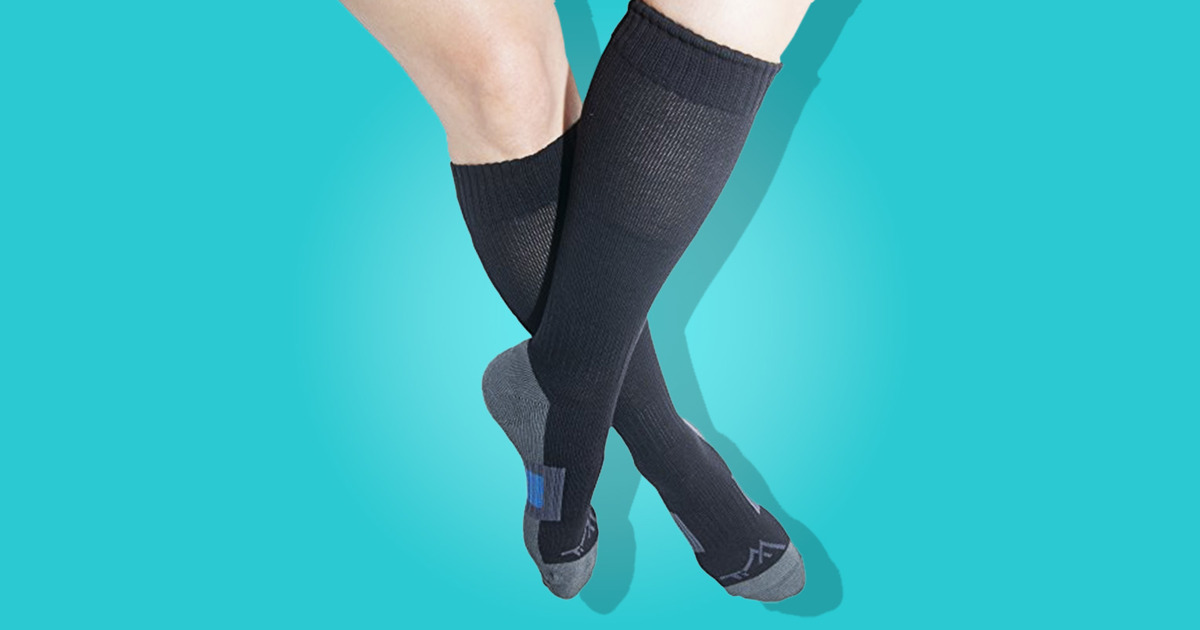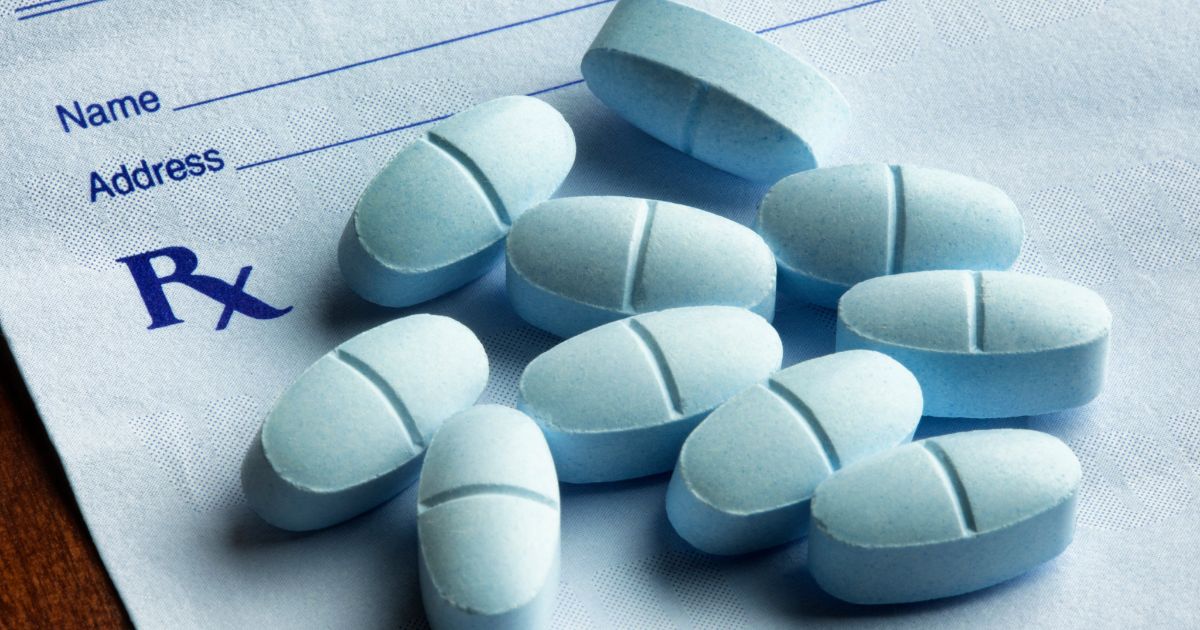Recovering After A Hip Replacement: What You Need To Know
Prevent Blood Clots With Compression Socks

Blood clots are quite scary and life-threatening if they are not discovered or left untreated. While the clotting of blood is highly beneficial for cuts and scrapes, when a clot forms inside a vein or artery, it can lead to a heart attack, stroke, pulmonary embolism, kidney failure, and deep vein thrombosis. Fortunately, patients can take steps to prevent them from developing after surgery. Patients should initially stop smoking, lose weight, and discuss any family history of blood clots with your doctor. The next step is to prevent blood clots with compression socks.
Patients can choose either knee-high or thigh-high compression socks. Many individuals prefer the knee-high length, though the thigh-high socks are better in some circumstances. It is important to wear them every day until a doctor gives their permission to set them aside. If patients are going to fly anytime in the future, it is a good idea to wear compression socks during air travel to prevent the development of blood clots as well.
Medications That Help

Patients will likely experience some mild pain and discomfort after their hip replacement surgery. Managing this pain and discomfort will be essential to a faster recovery period. Patients can try some holistic remedies, such as raising their legs, using a cold press, remaining active, and drinking herbal teas. If a patient does require prescription medicine, their doctor may advise a nerve blocker and opioids as a way to prevent and manage pain. Patients could also take medications that help to manage their inflammation and pain in the form of steroids.
Given the dangers of opioids, many medical professionals are recommending acupuncture as a safer alternative to pharmaceutical medications to manage pain after hip replacement surgery. A study published in 2015 from The Joint Replacement Center at Abbott Northwestern Hospital revealed acupuncture is a highly viable alternative to medications for such patients. Other alternative treatments include massage therapy, physical therapy, music therapy, relaxation therapy, and mental health therapy.
